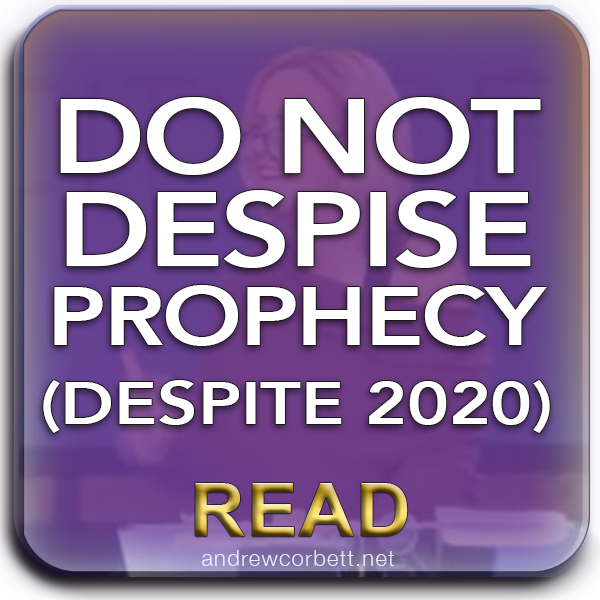
by Andrew Corbett | Jan 25, 2021 | Theology |
I believe in prophecy and I believe in prophets. But based on what I know from Scripture both are rarer than many would have us believe. I suspect though that there a lot of Christians who used to share my acceptance of the validity of prophecy and prophets — who no longer do due to the events of 2020. One of the many reasons I believe in prophecy and prophets is the teaching of Scripture. I will use one particular two-verse passage to bookend this week’s pastor’s desk to make my case.
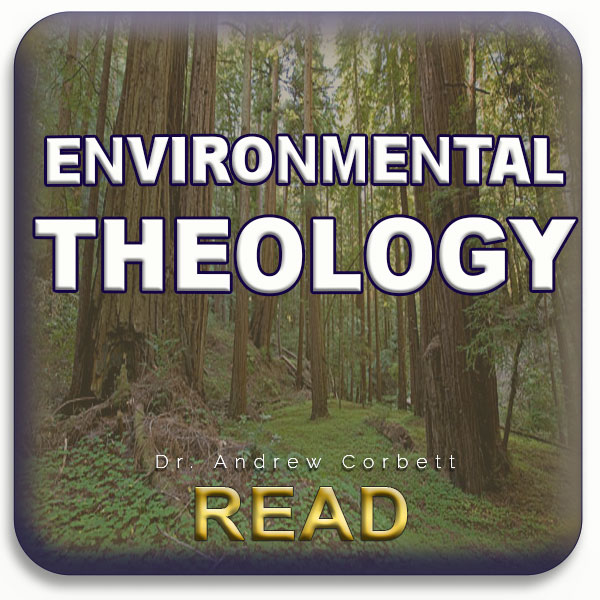
by Andrew Corbett | Oct 17, 2018 | Theology |
A world without trees would be a world without bees which would become a world without birds which would become a world without natural pest control made worst by the desperately high rates of carbon dioxide in the atmosphere and the dangerously low levels of oxygen available which would cause a rise in the rate of global warming and an even bigger hole in the ozone layer thus increasing the rapid demise of the few remaining forms of human life within an estimated period of about 5 years. Should we be concerned?
It’s claimed that the Amazon rain forest is apparently being cut down at an equivalent rate of several football stadiums every hour! In Indonesia there are thousands of acres of old-growth forests being cut down and burned at an alarming rate. Many parts of Australia have now been turned into dust-bowls and salinity-danger-zones due to the belligerent destruction of bushland…
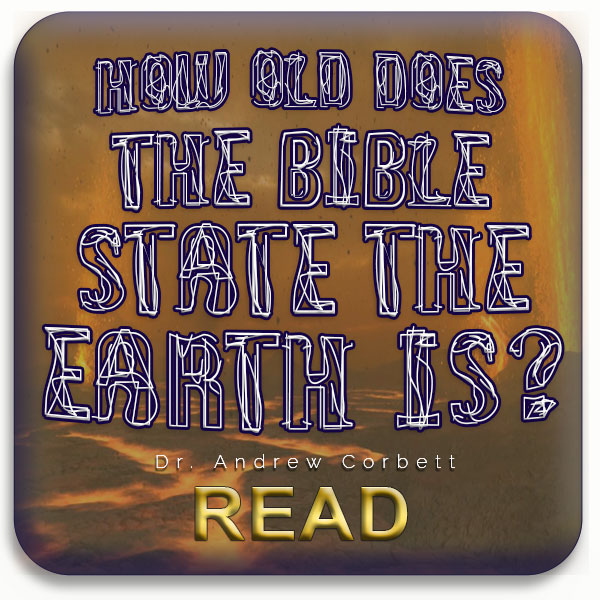
by Andrew Corbett | Oct 16, 2018 | Theology |
One of the most contentious issues among Christians today is the age of the universe. Is it 6000 years old like 17th century Bishop Ussher calculated, or is it around 14,200,000,000 years old as qualified scientists say? How we determine the answer determines how we interpret the Bible and understand the world around us…
The opening verse of Genesis is perhaps the most famous, and probably the most read, verse in the Bible. It is so plain, so clear, so unambiguous, that nearly every English translation of the Scriptures for the past 400 years has rendered it identically. Of all the statements that God could have chosen to utter first in His revelation to mankind, He gave us this one. Little wonder. If this statement is proven to be false then the entire credibility of the Bible is undermined. But if this statement is found to be true its ramifications are infinite!
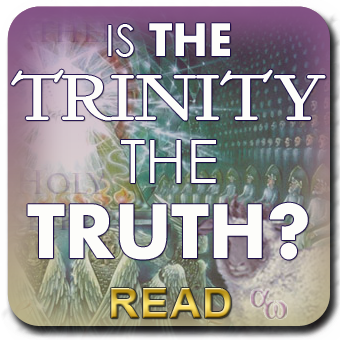
by Andrew Corbett | May 14, 2018 | Theology |
There is no greater mystery than God. And perhaps there is no greater quest than to answer the question who is God? as truthfully as possible. When the identity of God is discussed there are a wide range of ideas put forward. Some have gained acceptance and formed the basis for the world’s religions. For those who have realised that God must have an identity they conclude that He must be a person. This is called theism- or more precisely, monotheism. Judaism, Islam, and Christianity are three great monotheistic religions of the world. But Christianity is further distinguished from these other monotheistic religions by identifying God as Father, Son and Holy Spirit.
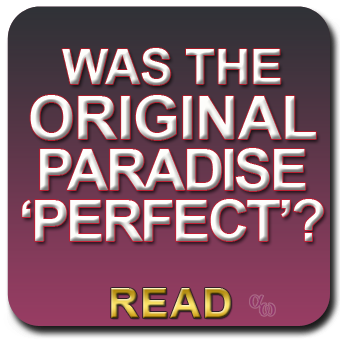
by Andrew Corbett | Mar 14, 2018 | Theology |
How would you define “perfect”? l’m not sure that too many people have pondered how many things in life are perfect. Perhaps most Christians would regard only two things as ‘perfect’: (i) God, and (ii) The original Creation.
I try to teach my church that Biblical literacy involves being able to discern what is indeed a Biblical statement, and what is meant by a Biblical statement. When it comes to pondering what “perfect” means, we may have a problem if we look to support our two examples with Scripture. Firstly, Matthew 5:48 asserts that God is perfect. Not only is God essentially perfect, but so are His ways (Deut. 32:4), and His will (Rom. 12:2).
But the second assertion is a little more difficult to demonstrate from Scripture. In fact, it’s so difficult we may have to concede that it’s impossible. Yet, despite this obvious difficulty the idea that God’s original creation was “perfect” is so widely assumed that to suggest otherwise meets with astonished bewilderment. Yet it is this unquestioned assumption that forms the foundation for several seriously important teachings. I want to suggest that what we regard today as being “flawed” with our world (earthquakes, floods, volcanoes, storms) were probably a part of God’s original design. Therefore the “perfection” of the original creation which is described as being “good” and “very good” may not have been the kind of perfection that might have romantic notions of.
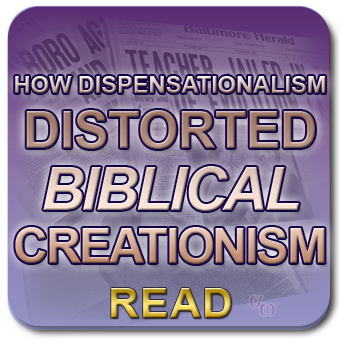
by Andrew Corbett | Mar 12, 2018 | Theology |
The Bible is emphatic that God is the Creator. It’s entire message of redemption is founded upon this truth. If God is not Creator then the Scriptures have no authority at all – let alone credibility. Similarly, if the entire human race is not descended from one man: Adam, then its revelation about man’s fallenness is without basis.
This opening account in the Bible of the Creation Story must be factual for Scripture, or Christianity for that matter, to have any credence. In the USA in the early part of the 20th century this issue became the basis for a court case where a High School Science teacher was charged with teaching something other than this (evolution) in what famously became known as the Scopes’ Monkey Trial. Curiously, Christians were called to defend their position rather than Mr Scopes his, and only one school of thought was presented during that trial – Dispensational Fundamentalism, which claims that the six creation days were consecutive 24 hour periods, and that all of this took place just 6,000 years ago. This court case was made into a Hollywood movie (Inherit The Wind) and presented Christians as bumbling, ignorant, bigotted, empty-heads. Although the movie was riddled with historical inaccuracies, the thrust of the actual ‘Christian’ presentation was not.







